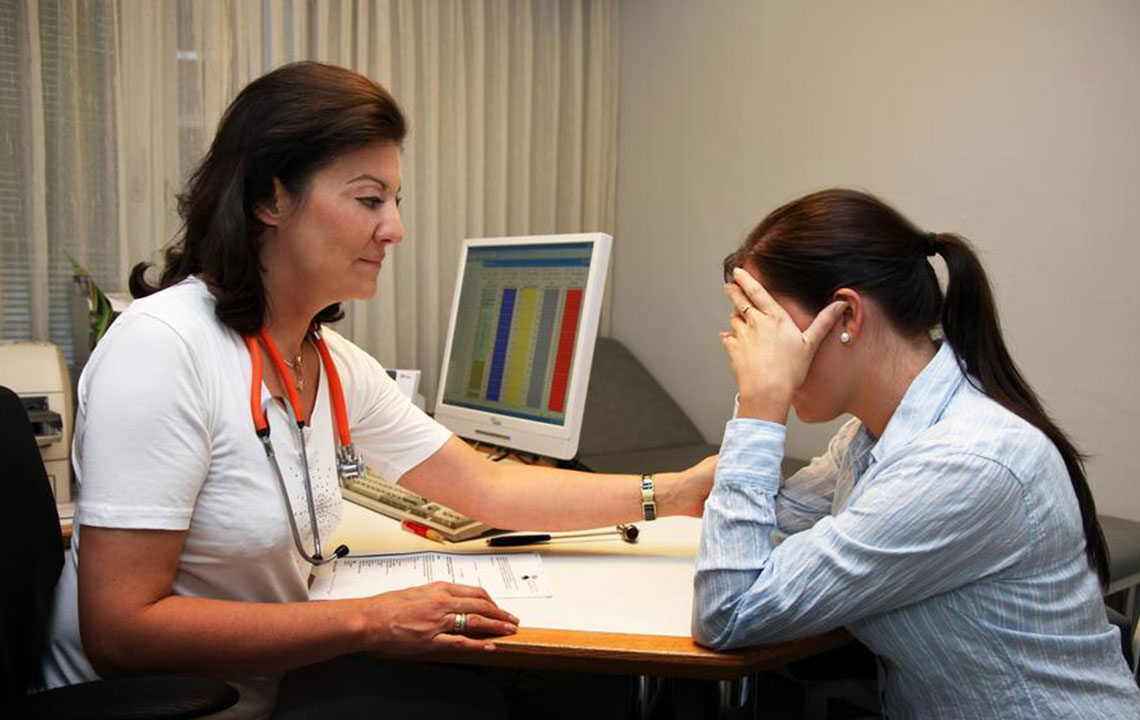Recognizing Early Symptoms of Colorectal Cancer
This article highlights the key early symptoms of colorectal cancer, including changes in bowel habits, stool appearance, rectal bleeding, and unexplained discomfort. Recognizing these signs quickly can lead to early diagnosis and effective treatment, improving patient outcomes. It emphasizes the importance of prompt medical attention if symptoms persist or worsen, aiding in the early detection of this common and potentially deadly disease.
Sponsored

Colorectal cancer ranks as the third most common cancer worldwide and is a leading cause of cancer-related deaths. Despite its severity, early detection significantly improves treatment outcomes. Being aware of initial warning signs can lead to timely diagnosis and management. Symptoms often develop gradually but can cause noticeable discomfort, making awareness vital. Recognizing changes in bowel habits, stool appearance, or unusual symptoms can prompt further medical evaluation, possibly saving lives through early intervention.
Altered Bowel Patterns
If your bowel routines change unexpectedly without lifestyle adjustments, seek medical advice promptly.
Unexplained shifts in bowel habits, such as constipation or diarrhea, can be early indicators of colorectal issues. Pay extra attention if these changes are persistent and uncorrelated with dietary or routine modifications.
Stool Changes
Alterations in stool color, shape, or texture, such as thin, dark, or ribbon-like stools, may signify underlying problems like cancer. While diet or irregular eating can cause similar effects, ongoing anomalies warrant professional assessment.
Rectal Bleeding
The presence of fresh blood during bowel movements or on toilet paper is a significant warning sign. Bright red blood could indicate colorectal cancer and requires prompt medical consultation. Do not ignore rectal bleeding, as early detection is critical.
Persistent Abdominal Discomfort
Ongoing unexplained abdominal pain or cramping may be an early sign of colon cancer. Although such symptoms can stem from various conditions, persistent discomfort should never be dismissed.
Unexpected Weight Loss
Significant weight loss without changes in diet or activity level can be a red flag for colorectal cancer, especially if it occurs alongside other symptoms. Consulting a healthcare professional is advisable for unexplained weight declines.
Anemia and Fatigue
Low hemoglobin levels linked to anemia can cause fatigue, weakness, and pallor. When combined with other symptoms, anemia may indicate colon cancer in its early stages. Proper diagnosis and treatment are essential for management.
Nausea and Vomiting
Persistent nausea or vomiting without clear cause may result from bowel blockages caused by tumor growth. Such symptoms, if untreated, can lead to further health complications and warrant medical investigation.
Tenesmus
The sensation of constantly needing to pass stool despite an empty bowel is called tenesmus. This uncomfortable symptom is often associated with colorectal cancer and should be evaluated by a healthcare professional if persistent.
Changes in Bowel Movements
Both constipation and diarrhea, especially when recurring without apparent reason, can be signs of colorectal malignancies. Recognizing these patterns early can facilitate timely diagnosis and treatment.
While these symptoms are common and overlapping, they are not exclusive to cancer and may result from other health issues. Nonetheless, ongoing or sudden appearance of any of these signs should prompt medical consultation to ensure early detection and better prognosis.





